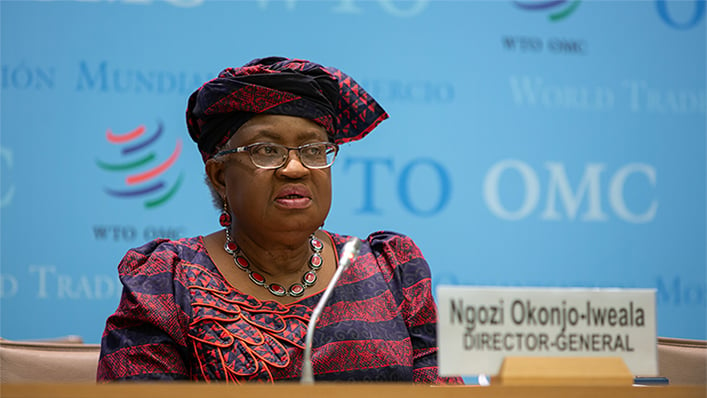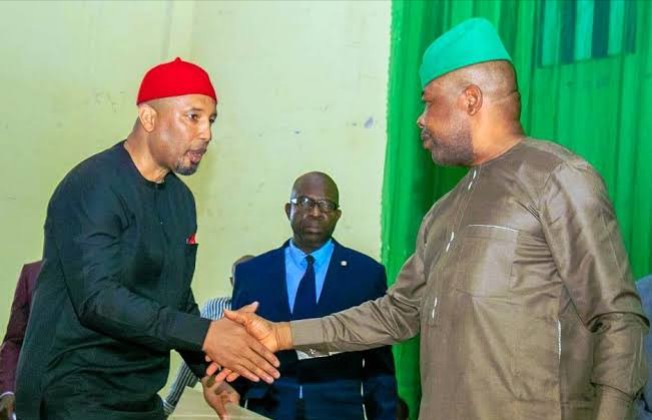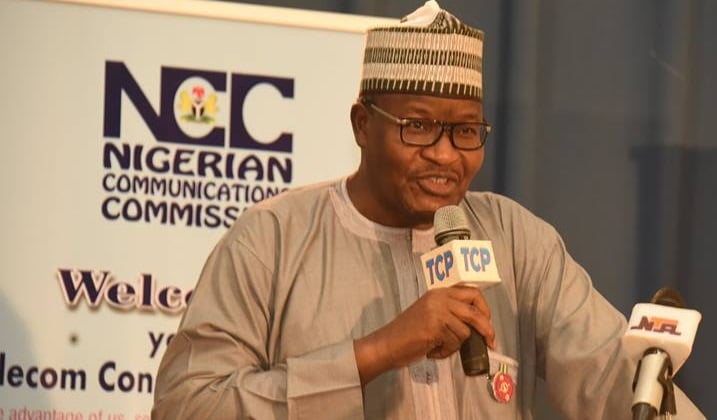Ngozi Okonjo-Iweala, director-general, World Trade Organisation, says the future of trade will be determined by countries who embrace inclusion.
The director-general spoke during a session on trade, growth, and investment in Davos, according to a statement on the World Economic Forum’s (WEF) website on Wednesday.
Okonjo-Iweala said the future of trade must “prioritise inclusivity”.
She said as many countries prioritise national security in their trade policy, there was a risk that “friend-sharing” would distribute the gains of economic growth unequally.
Advertisement
“When we talk of ‘friend-sharing,’ I don’t know who is a friend. I don’t ever hear countries in Africa mentioned,” she said.
“We say the future of trade is services; it’s digital; it’s green. And it should be inclusive.”
Meanwhile, according to the statement, many nations have seen a push to relocate manufacturing closer to consumers’ demand, after supply shocks associated with port blockages, the war in Ukraine, and the pandemic.
Advertisement
WEF said creating a trade agenda that prioritises inclusivity and decarbonisation would be a major priority, adding that many European governments have welcomed the recent embrace of sustainability in US economic policy.
It, however, added that concerns about national security had caused many nations to question their over-reliance on certain countries for critical goods and services, such as European dependence on Russian energy.
On his part, Laurence Fink, chairman, and chief executive officer, BlackRock said: “For the United States, Mexico is likely to be a major beneficiary of the US reconfiguration of supply chains, given Mexico’s educated workforce, low wages, railway transport and pro-business political climate.”
“But Mexico is not going to be the sole beneficiary of that change, citing Eastern Europe, Turkey, Indonesia, and other parts of south-east Asia as well.”
Advertisement
On climate, Alexander De Croo, prime minister of Belgium, said the industrial policy has become a major focus for many nations rethinking their approach to trade.
He said the world can only be “happy that the United States has moved to the right side of the aisle”.
“The European leaders have concerns over the specifics of the recent US legislation but, overall, the positive step gives Europe the opportunity to focus on its specific advantages, such as research facilities and long-term investments in wind energy. Without such coordination, there is a risk that Europe and the US simply compete to provide more subsidies and tax breaks for business,” De Croo said.
“Five years ago, [industrial policy] was not a very sexy topic. Today it’s top of the agenda.”
Advertisement
The statement further said medical products, solar panels, silicon chips, and digitisation infrastructure are among the industries being overhauled due to new pressures to increase resilience and national security.
“Ensuring that sustainability remains at the top of the global trade agenda will require coordination with multilateral agencies. As many nations seek out bilateral trade agreements, there is a risk of global trade splintering into trading blocks. Promoting a trade agenda that is fair, inclusive, and sustainable will require institutions such as the WTO to establish clear ground rules for all nations,” the statement added.
Advertisement
Add a comment






